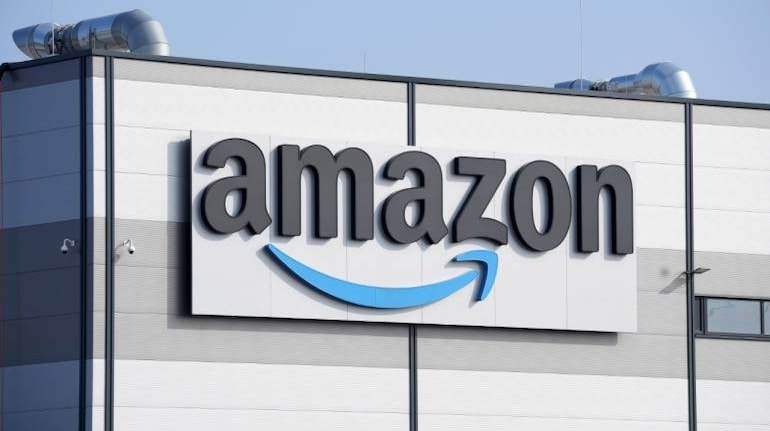



In June 2023, a California man named Wilbert Napoleon renewed his yearly subscription to Amazon Prime at the recently increased price of $139. Part of that deal, as heavily advertised, was Amazon’s promise of “unlimited, commercial-free, instant streaming” of entertainment through its Netflix competitor, Prime Video.
But by January, Amazon had reneged on part of the deal. It announced that Prime Video would no longer be commercial free unless subscribers — even existing ones who had paid for a yearly plan — paid an extra $2.99 a month.
The move was part of a mad dash to boost streaming income after years of rampant investment and spiraling blockbuster budgets. Amazon’s Lord of the Rings series cost the company $1 billion in production costs but failed to attract much critical or popular acclaim. And, more broadly speaking, Amazon has been looking to crank up its revenues wherever it can while making cuts in other parts of its business.
None of that is Napoleon’s problem, of course — so he’s launching a class action on behalf of himself and any other Prime member who rightly feels shortchanged, of which there could be tens of millions. “These subscribers should not have to pay an additional $2.99/month for something that they already paid for,” the filing reads.
Amazon said it was unable to comment on pending litigation. In the past, these types of lawsuits have proved difficult to win thanks usually to some small print hiding out somewhere. In a separate case in 2020, for instance, a judge threw out claims Amazon had engaged in false advertising because it had removed some Prime Video content. Amazon had made it clear, the judge ruled, that its library of shows and movies was prone to change because of the expiration of licensing agreements or the agreement on new ones. That’s fair enough; generally speaking, when it comes to digital goods, you rarely own anything — instead you buy the right to access material for a limited time.
No doubt the terms of service will again come to Amazon’s rescue this time, too. But for a company that lists “customer obsession” as its first leadership principle, it’s a grubby way out. Like almost all businesses that have a subscription component, Amazon likes to encourage users to pay a year up front, offering a small discount as an incentive. It does this because having guaranteed revenue is beneficial — particularly in the streaming market, where churn is notoriously high. It’s also useful in e-commerce, where having a Prime subscription is a key indicator that customers will spend considerably more on Amazon than they might otherwise. But if Amazon wants these benefits, it must stand by its word at the very least. You can’t just go stripping away features and expect customers to not speak up just because you need to better balance your books.
The tampering with the product doesn’t stop with ads, either. I’m no AV buff, but among those curious souls who are, it didn’t take long for them to notice that Amazon had disabled Dolby Vision HDR and Dolby Atmos surround sound — both of which used to come as standard but now also require the extra $2.99 fee. It means not only do Prime members now get ads in their programs, those programs now likely look and sound worse.
Now, Amazon may well argue they’re not shaking down Prime members for any extra money, so this is all fair game. But in another sense, they absolutely are making Prime members pay more — if not with their money then with their valuable attention. Behind all this, of course, is the company’s relentless drive to increase its advertising revenues, now worth more than $46 billion a year. Analysts estimate Amazon stands to generate around $3 billion this year from Prime Video ads alone.
Other companies have raised prices but at least had some semblance of fair play. Netflix has added ads to its entry-level subscription, but the change applied only to new and rejoining members. When Disney+ jacked up its prices, they took effect at the customer’s next billing date. People understand prices can’t stay the same forever, but there’s a way to roll out changes without loyal customers feeling they’ve had their pockets picked.
As I said, Amazon declined to comment. But I’ve covered the company long enough to hazard a guess at what its arguments will be. It will point to the other benefits of Prime and the fact that other streaming services have raised prices. This is neither here nor there, and certainly not of any relevance to Napoleon and his potential fellow plaintiffs. Amazon sold them one thing but delivered another.
Dave Lee is a Bloomberg Opinion columnist. Views do not represent the stand of this publication. Credit: BloombergDiscover the latest Business News, Sensex, and Nifty updates. Obtain Personal Finance insights, tax queries, and expert opinions on Moneycontrol or download the Moneycontrol App to stay updated!
Find the best of Al News in one place, specially curated for you every weekend.
Stay on top of the latest tech trends and biggest startup news.